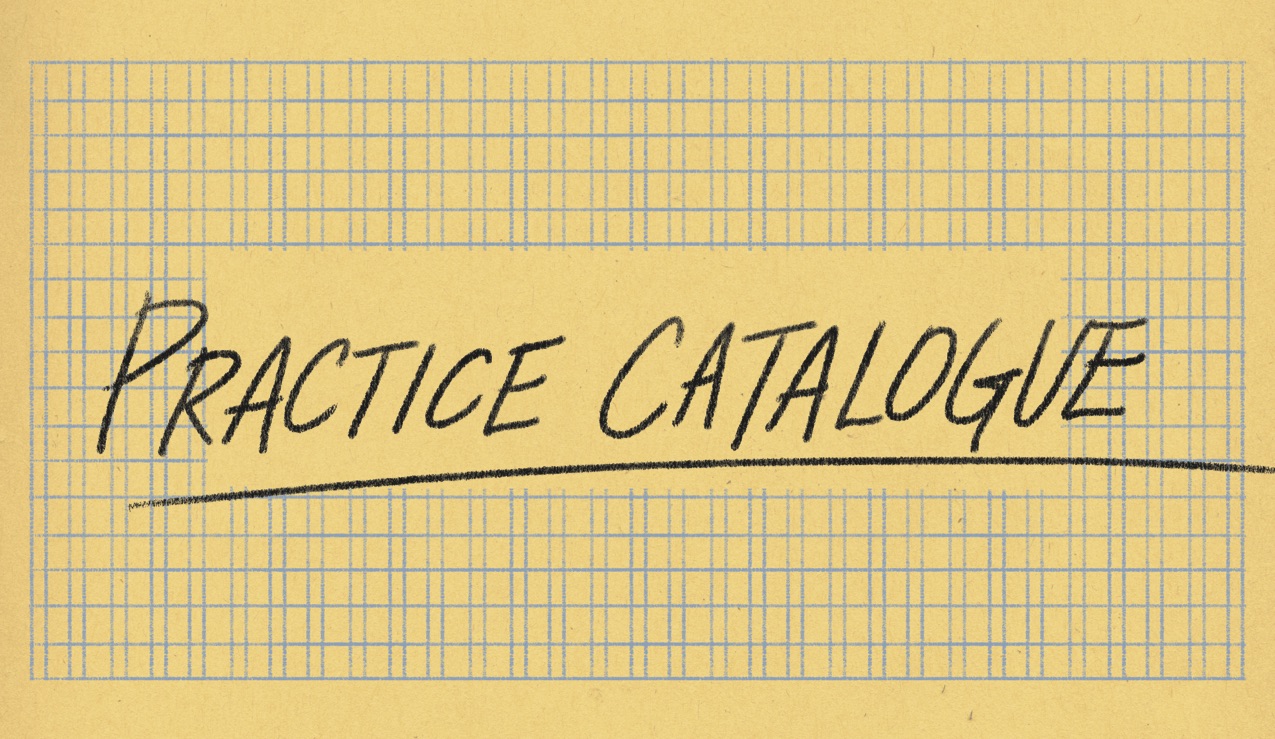Two Methods
Mark Greif’s wonderfully lucid essay “The Concept of Experience” outlines two practical attitudes toward experience and its conversion to meaning: aestheticism and (the awkwardly named) perfectionism. Grief offers this evocative shorthand:
Aestheticism
-
Regard all things as you would a work of art.
-
Understand that it is never wrong to seek in art the stimulation of desire, wonder, or lust, or to search for resemblance to things in the world. You encounter art, and the result is experience.
-
Apply this flexibility of experience, taught by art, back to all objects not considered art—practicing your skill especially on the trivial, the ugly, and the despised. You will find that your old assessment of experience as something rare and intermittent, or bought with wealth or physical effort, was too narrow. By setting an endlessly renewed horizon for experience, from the endless profusion of objects, the aesthete guarantees that life-as-experience can never be diminished—not by age, by sickness, by anything, short of death.
Perfectionism
-
Regard all things as if they were examples, which state simply the way of life they incarnate.
-
Understand that each of these examples, when experienced, makes a summons to your self. Experience things in this way, always inquiring of them, “What way of life do you express? What do you say to me?” and you’ll learn what it is that lives in you.
-
If you are called to change your life by any example, and your self responds—you must change your life. And once you change, change again. Your next self, too, will be challenged by examples, to find a next self still waiting beyond. Thus there is no perfection in perfectionism; the process of experience and correspondence never stops. If there could be any end in view, it would only be this: that the circle of things corresponding to you grow not wider, but infinitely wide, touching everything that exists.
Are you attracted to either? Would you be tempted to revise these tenants, intuiting, perhaps, the challenge of implementing them? Absurd as so terse a model risks being, would you submit an alternative? Are these at least admirable in their aim to recuperate the significance of the ordinary?
